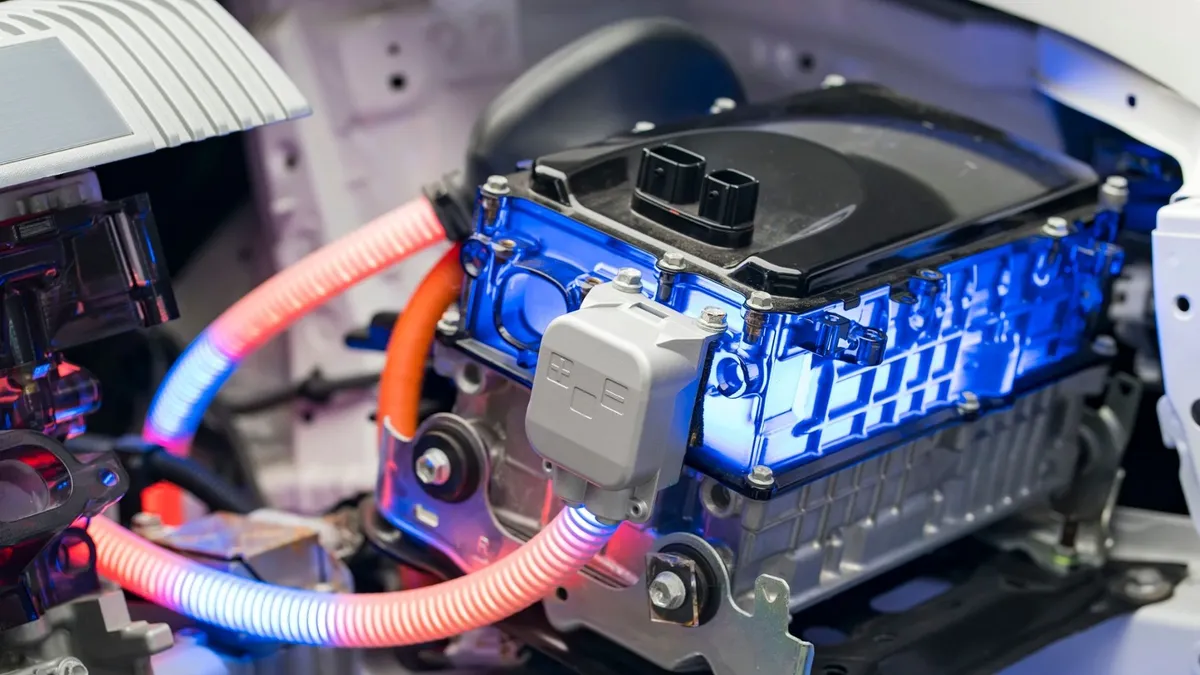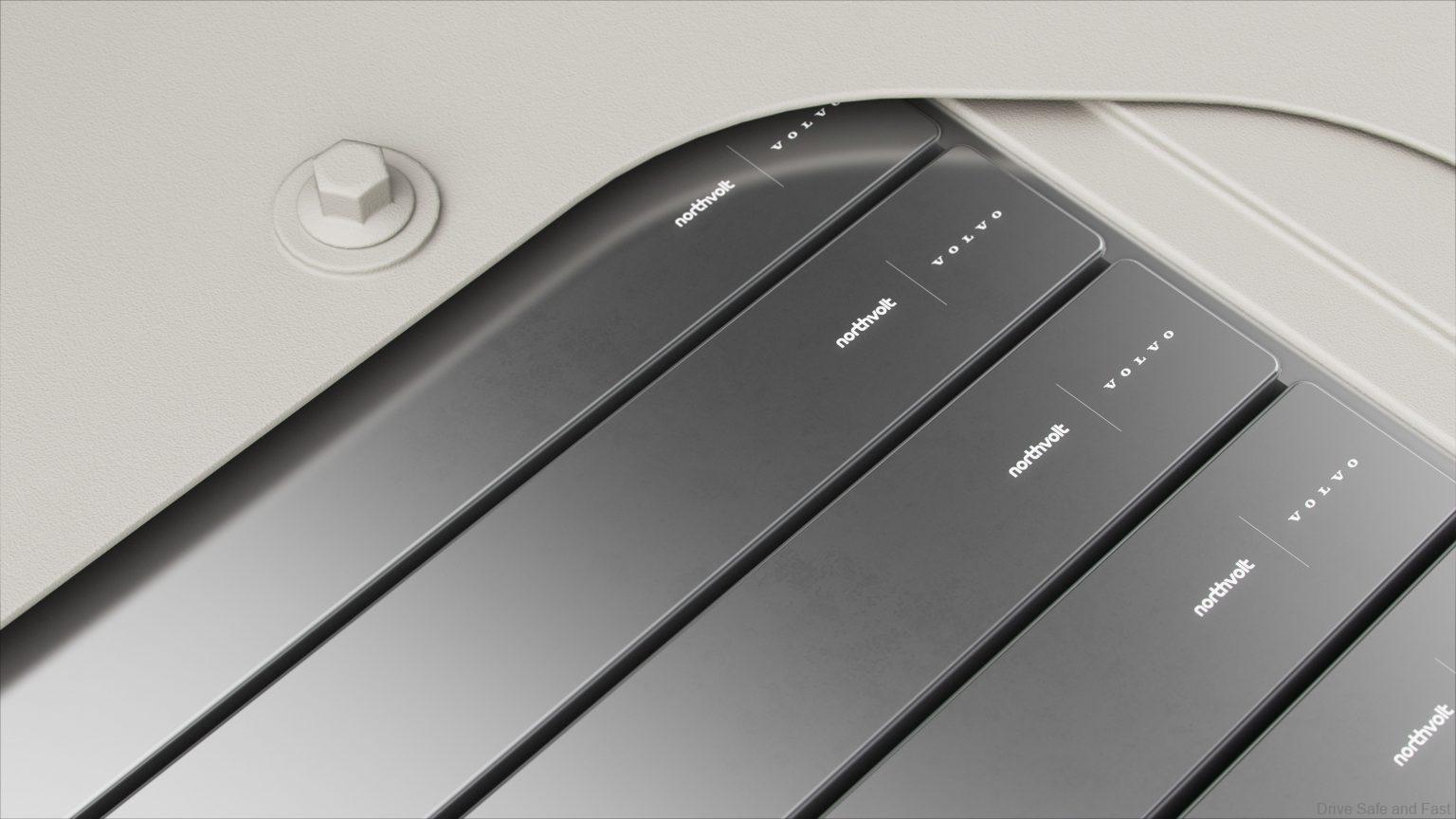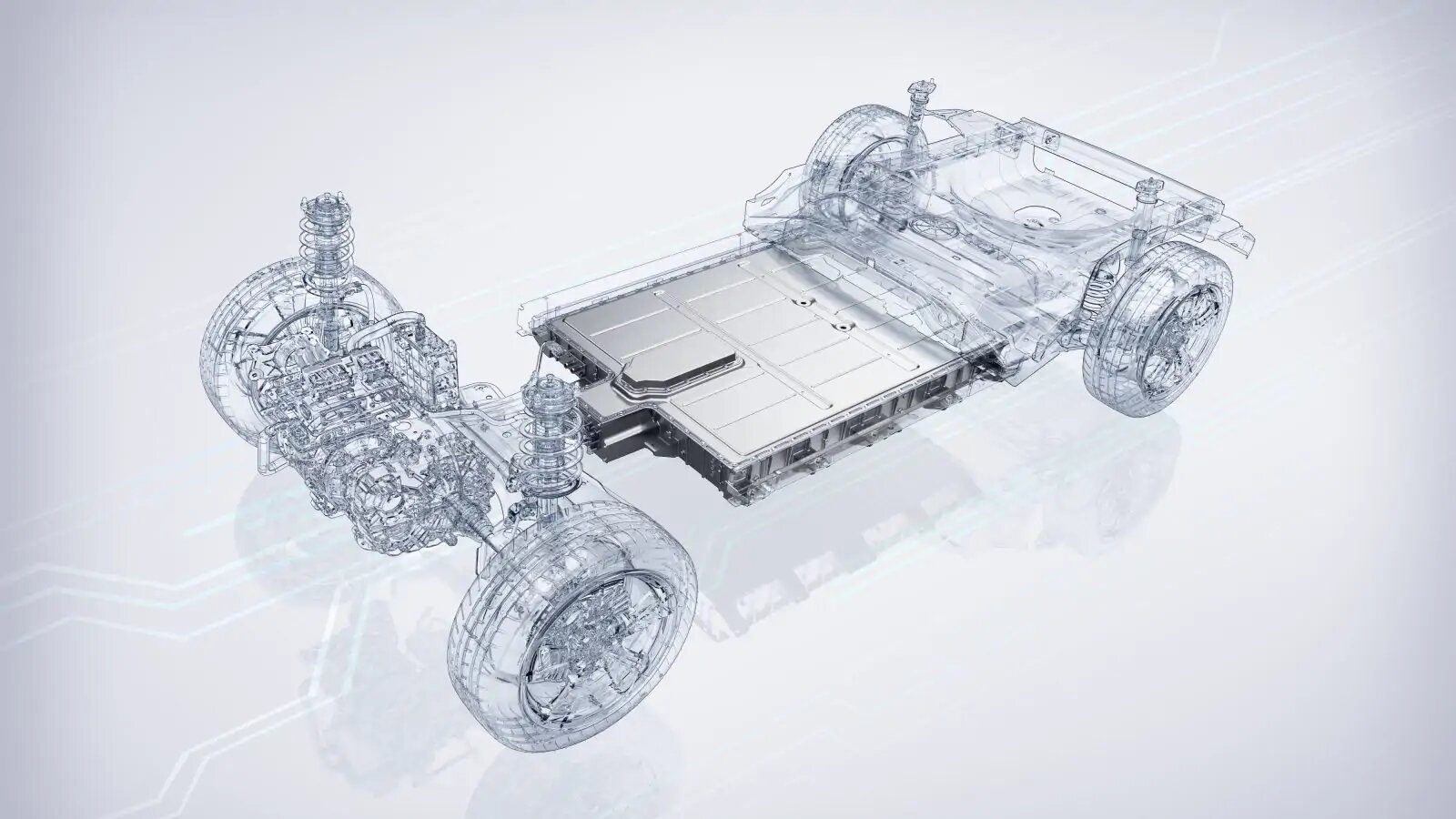Researchers in China may revolutionise EV batteries by replacing lithium-ion with water
Chinese researchers have made a significant leap forward in battery technology by developing a water-based battery that boasts twice the energy density of traditional lithium-ion cells. This breakthrough holds tremendous promise for enhancing the safety and efficiency of power systems for electric vehicles and grid-scale energy storage.

In contrast to lithium batteries, which are known for their fire risks due to flammable electrolytes, aqueous batteries leverage water-based electrolytes, significantly improving safety and reducing the likelihood of thermal runaway incidents. The utilisation of water as a key component in these batteries marks a transformative approach to energy storage that prioritises safety without compromising performance.
Moreover, the innovative high-energy-density version of aqueous batteries, employing iodide and bromide ions, has undergone rigorous testing and has demonstrated exceptional performance characteristics. Notably, this technology has achieved an extended battery life of up to 1,000 cycles, showcasing its durability and potential for long-term use.

One of the most compelling aspects of this advancement is its potential to achieve cost parity with lithium-ion batteries. This means that while offering superior safety and performance, these aqueous batteries could become economically competitive, making them an attractive option for a wide range of applications, including grid-scale energy storage and electric vehicles.
The implications of this breakthrough also extend beyond the realm of consumer electronics and transportation. By enabling more efficient and safer energy storage solutions, these aqueous batteries could revolutionise the way we approach renewable energy integration and grid stability. Who would have thought, right?

On top of that, their scalability and affordability make them particularly well-suited for large-scale energy storage projects, facilitating the transition towards a cleaner and more sustainable energy future. The successful development of high-energy-density aqueous batteries also underscores China’s leadership in battery research and innovation.
This achievement not only highlights the country’s commitment to advancing clean energy technologies but also positions China at the forefront of the global race towards safer and more efficient energy storage solutions.

In conclusion, the creation of a water-based battery with double the energy density of lithium-ion cells represents a significant milestone in battery technology. With its enhanced safety profile, impressive performance metrics, and potential cost competitiveness, this innovative approach has the capacity to reshape the landscape of energy storage and electric transportation, offering a compelling alternative to traditional lithium-ion batteries.